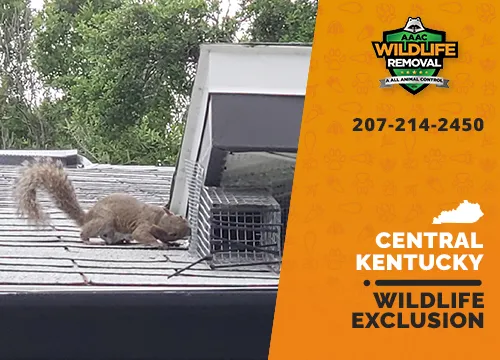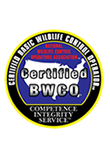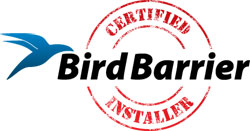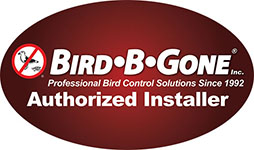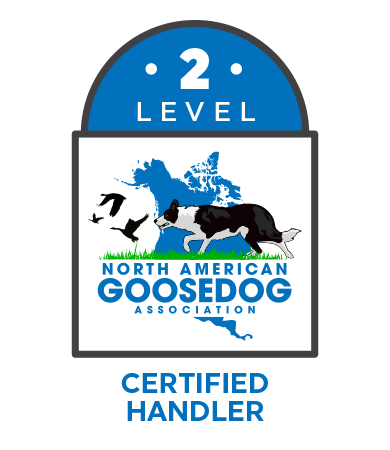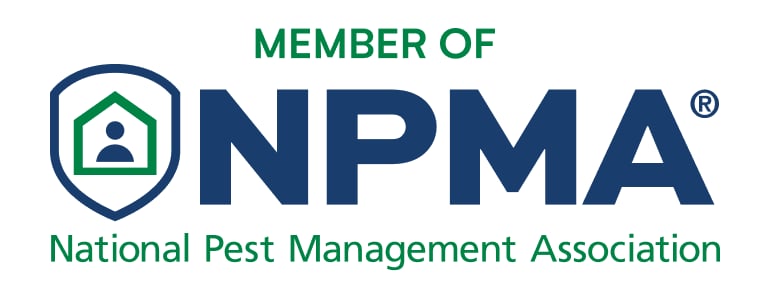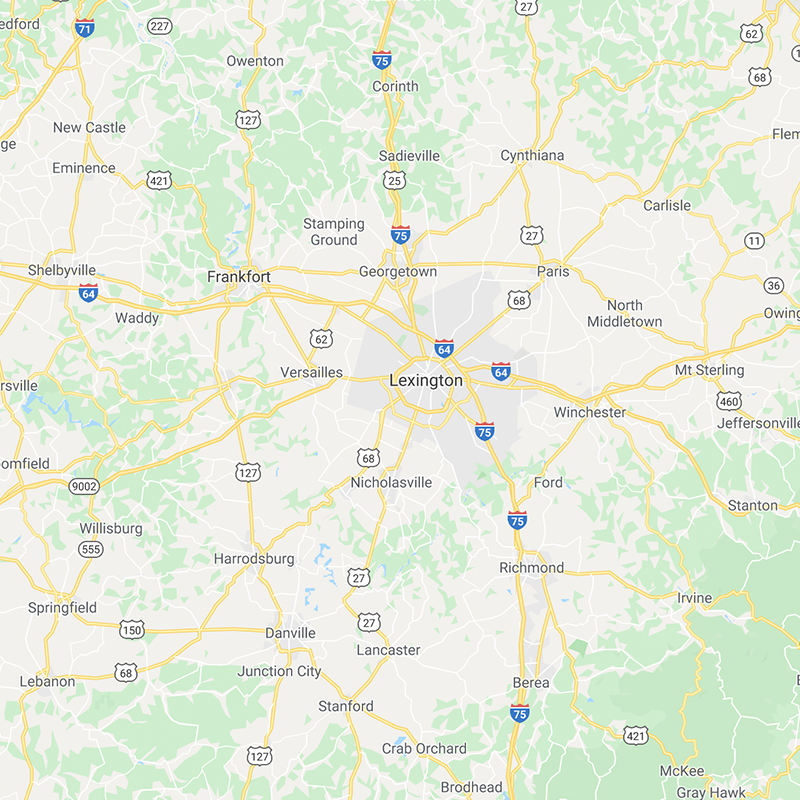
What is Wildlife Exclusion?
Wildlife exclusion is an important part of keeping a nuisance animal out of your home. Exclusion refers to preventing animals from gaining access to your house or property. Exclusion can be accomplished by sealing up entry points in the foundation of your home, including cracks and gaps around windows and doors.
Wildlife exclusion is done with professional-grade materials that are made to last for years. It’s performed by technicians who are trained with the latest animal exclusion techniques and tools.
If you have wildlife pests underneath your home or inside your walls or attic, hiring a professional is the best way to keep them away. There are health and safety risks involved when handling wild animals so it is best if you leave the task to the experts. Exclusion is a permanent solution and will keep the animals out for good.
AAAC Wildlife Removal offers wildlife exclusion services that work for both commercial and residential customers. We can seal up your home or business so that you are protected from the potential health risks and the damage caused by wild critters.
How We Conduct Wildlife Exclusion Services
Nuisance wildlife control is all about solving the problem. When you have a wild animal in your home, your first instinct is to trap them. But trapping wild animals just means you’re removing the symptom of the problem. To solve the problem, you have to find out where they are getting in and how they’re gaining access into your home or business.
Without wildlife exclusion, you’re just waiting for the problem to come back. Here are some steps that we take to conduct a wildlife exclusion service:
Find and Seal all Entry Points
When we conduct exclusion services, our technicians will find all of the entrance points that wildlife are using to get into your home. This could be holes or gaps around your foundation or garage door. It could be a chimney, an attic vent, a pet door. We will inspect them from the inside and outside to make sure that all these points are identified.
We then block all these access points with a variety of different materials. We will use steel, polyurethane, and hard sealants to make sure that animals can scratch or gnaw their way through. We also use fine mesh to keep animals out but allow airflow for ventilation purposes.
Exclude Wildlife Using Traps or One-Way Doors
Once all entrance points are identified, we will purposely leave one point unsealed. Here we will use one of two methods.

One-way doors: One-way doors are a great option for humanely removing animals without having to kill them. Our technicians will place one-way doors so that the animal can leave your home but cannot get back in. When this is done, there is no need for trapping or killing wild animals like raccoons and opossums because they can leave on their own.

Live traps: When trapping is more appropriate, we use a variety of different traps to successfully remove wild animals from your home or business. We will only do this if the animal poses an imminent health and safety threat and cannot be excluded using one-way doors. Traps are carefully selected for each type of wildlife that needs to be removed.
Cage traps are usually necessary for larger animals like raccoons or opossums. The cage traps are carefully placed in areas where animals have been seen or can be expected to feed, like a dumpster. Once they enter the trap and it is closed, we remove them from your property and make sure they don’t return.
Popular Access Points for Animal Entry
To prevent a future wildlife invasion, a professional wildlife pest control company must identify every possible entry points that animals may use to gain entry into your home or business. AAAC Wildlife Removal is quite thorough when it comes to finding and sealing all access points.
Here are the most commonly used access points animals use to get into residential or commercial properties:

Chimneys
Many animals are attracted to the warmth of a chimney, which is why it can be one of the most common entrances for raccoons and squirrels. Animals will often find their way up through your chimney to get inside your home.
Many people don’t realize that small animals like squirrels, raccoons, and opossums can crawl down their chimneys with ease because they’re not smooth. These animals will use cracks in brick or mortar to gain traction as they climb down.
We use chimney caps that prevent animals from climbing up or down your chimney. They are usually made out of aluminum, steel, or vinyl to ensure they will last longer and keep animals out.

Ridge Vents
Ridge vents are usually located on the roof of your home. They’re used for allowing ventilation and heat to escape from your attic, but they can also be attractive entry points for animals like bats, squirrels, or raccoons.
A ridge guard system can be installed on top of your roof. It prevents animals from getting to the ridge vent and climbing down into your attic. We’ll do a complete roof repair to make sure your home is animal-proofed.

Gable Vents
Raccoons and squirrels can easily climb up gable vents to get inside your attic. We will make sure that all of these ventilation systems are covered with fine mesh screens. This will allow airflow but prevent animals from using them as an entry point. We will also secure vent flaps and replace all rotten wood that animals can use to get inside.

Dryer Vents
Rodents and birds love using dryer vents to get into your home. Animals will use the round holes to enter and exit your property, which is why it’s necessary to cover them with screens that are secured in place by screws or nails.
Rodents will usually chew through dryer vents to gain access to your home. We recommend removing the vent from your exterior wall and putting a new one in with fine mesh screens that are made out of aluminum or galvanized steel wire.
Birds, bats, rodents, and other animals can easily gain access to your home through dryer vents.

Soffit
Soffits are perforated, removable panels that are usually located under the eaves of your home. They’re used as a ventilation system and for providing access to utility lines that run through your attic. If these soffits aren’t properly sealed with screens or fine mesh wire, animals will find their way inside and use them as entry points.
Raccoons and squirrels particularly love chewing through soffits to get into your home. A professional can replace the old, damaged soffit with a new one that is secured by screws or nails and made of aluminum or galvanized steel wire mesh.

Fascia
Fascias are boards that cover the gutter under your roof. It covers the gap between the roof edge and your gutters, and it’s usually a good spot for animals to hide. Raccoons, squirrels, and other smaller mammals will often use fascias as an entry point because they can easily find shelter there from the sun or rain. We’ll make sure that all of these boards are secured and that they don’t have any holes that animals can use as entry points.

Eaves
Eaves are the areas where the roof meets the sides of your home. The eaves are an attractive entry point for animals like raccoons, squirrels, and opossums because they can hide underneath the roof overhang. Our technicians will use eaves guards to cover these areas and prevent them from being utilized as a shelter for animals. Most eaves guards are made out of galvanized steel wire mesh that is secured in place by screws or nails.
You should have a professional inspect your home to see if any areas need to be covered with screens and make sure you get rid of old vent covers because they can easily fall off over time, which will allow animals to gain entry.
Cracks in the Foundation
Foundation cracks are a favorite rodent entry point. They use the cracks as a tunnel to enter your home, which is why it’s necessary to seal them to keep wildlife out. A professional can fill in all of these small crevices with stucco cement and cement filler compounds that animal-proof your home and make it look new again. Wildlife will not be able to get into your home if it is properly sealed on all sides of the house with cement and fencing wire mesh.

Exposed Pipes
Rodents are particularly fond of using exposed pipes as entry points because they can easily fit through the openings. We’ll make sure to check all of these pipes and seal any holes around them with concrete repair mortar compound or cement filler compounds as well as caps that will prevent animals from getting inside your home through exposed pipes.

Wildlife Damage Repair Service
Once the exclusion process is done, all wildlife damage must be repaired. We’ll fix all of your damaged screens, vents, soffits, and other areas that are open to wildlife. Many wild animals will use their sharp claws and teeth to make small openings wider.
This will leave unsightly damage that keeps your home from looking nice. Our technicians will also replace any screens that have been damaged by wildlife to make sure they’re all secure and safe for you, your family members, and your pets.
Our wildlife damage repair services rank high among our many satisfied customers because we do a thorough job that gets the job done right the first time. We have the skills and experience in replacing drywall or insulation as well as other repairs to make sure your home is back in top shape when we’re done.
Learn more about Wildlife Damage Repair!

Attic Restoration
A wildlife infestation will surely have contaminated your attic with urine, blood, and feces. This will cause a horrible stench that will be very difficult to remove. We’ll restore your attic and make sure it’s completely cleaned up by removing all of the soiled insulation as well as any contaminated drywall or wood that needs replacing.
Our technicians will sanitize your attic, replace whatever may be damaged with new materials, and then we’ll clean everything thoroughly before installing a deodorizer inside. We also use a fogging machine to treat the attic with a special enzyme solution that will break down all the contaminants and make sure they are completely gone so you can rest assured that your home is free from any foul odors.
Learn more about Attic Restoration!

